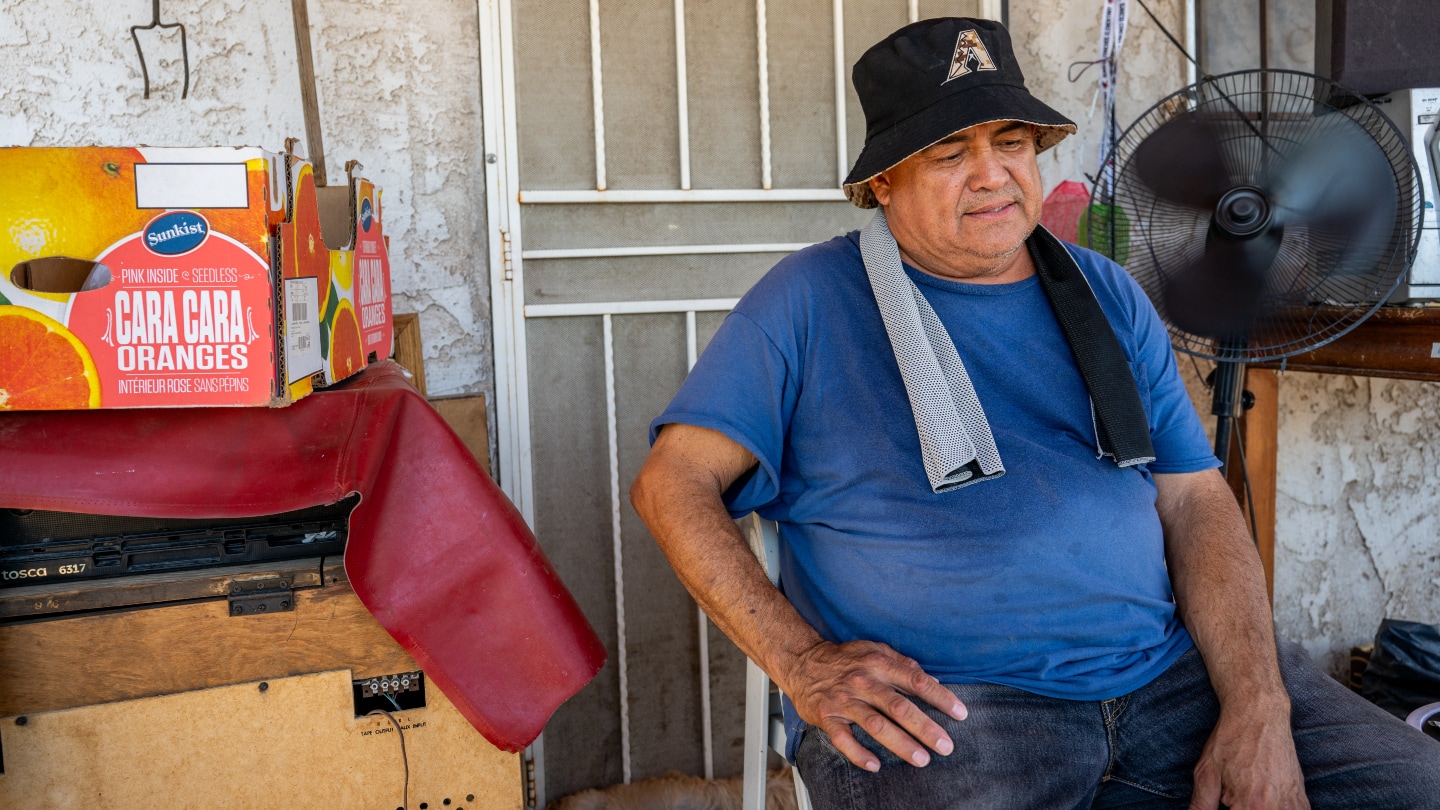In recent weeks, extreme heat waves have broiled the United States, China and Europe. But scientists are warning of another hazardous form of heat: chronic heat. In places like Miami and Phoenix, temperatures can soar for months at a time without reaching heat wave levels, potentially contributing to health issues such as kidney disfunction, sleep apnea and depression. But too little research has focused on how these impacts may compound over months of exposure, University of Miami climate and health researcher Mayra Cruz and colleagues report in the June Environmental Research Climate.
“It’s the family that lives with conditions that are just a little bit too hot all the time and no air conditioning,” says Victoria Turner, an urban planner at UCLA who was not involved in the study. “The mother is pregnant in hot conditions, their children go to bed without air conditioning and go to schools without air conditioning, and then that’s changing their developmental physiology.”
There is an urgent need for research focused on the health impacts of prolonged heat exposure, experts say, especially as climate change increases the number of hot days worldwide.
Heat waves are typically defined as periods when daily temperatures exceed some threshold, often based on an area’s average or baseline temperature. But in tropical and subtropical regions, the baseline may already be dangerously high. In Miami, the heat index — what the temperature feels like when relative humidity is combined with air temperature — can reach 32° Celsius (90° Fahrenheit) on half the days of the year.
The strongest evidence linking chronic heat to health issues comes from research on agricultural workers in Central America, where persistently hot working conditions have been associated with chronic kidney disease. Some studies show that providing water, shade and rest can help halt the decline of kidney function. “It’s one indication that if you’re persistently exposed to heat and dehydrated, this could lead to you developing a disease,” Cruz says.
However, there isn’t much other research focused on chronic heat’s health risks. Looking at data on heat-related deaths from places where it’s hot for a season, “there’s not a lot of evidence that they have higher mortality rates,” says climate and health researcher Kristie Ebi of the University of Washington in Seattle.
But even baseline heat can exacerbate existing health conditions. “Heat is the great force multiplier of chronic medical conditions,” says Pope Mosely, an intensive care physician and biomedical sciences researcher at Arizona State University in Tempe. It’s especially relevant for conditions related to blood flow or inflammation, as heat stress can cause more blood to flow to the skin and less to other parts of the body, he says. “We have 15 liters of tubing and five liters of blood, so we’re shunting blood constantly.”
Additionally, some medications can degrade and become less effective in the heat, Mosely says, and some can even exacerbate heat stress by making it harder for people to regulate their body temperature. Diuretics can reduce the volume of body fluid, and some antipsychotics can impair sweating.
Sleep can be affected too, especially in cities where urban materials radiate heat at night, preventing the temperature from dropping. One study found that hot nights can increase the odds of experiencing obstructive sleep apnea. Another found that warming temperatures erode roughly 44 hours of sleep per person annually, with effects apparent on nights warmer than 10° C (50° F) and little evidence of seasonal acclimatization.
Recurring sleep disturbances can lead to poorer cardiometabolic health and overall well-being, says Bastien Lechat, a sleep health researcher at Flinders University in Adelaide, Australia.
Chronic heat can also increase stress and anxiety, worsen mental health conditions and affect cognition. A 2020 study of U.S. high schoolers taking the PSAT found that when compared to 16° to 20° C school days, (60° to 69° F), each additional school day that was 32° to 37° C (90° to 99° F) was associated with a drop in student achievement of about 0.17 percent of a year’s worth of learning.
All these impacts may compound over months of heat, and vulnerable populations are most affected because they face the greatest challenges in affording or accessing cooling, Cruz says. “We’re assuming that everyone has AC and has resources. But that’s not true.”
In fact, part of why there exists relatively little research on chronic heat may be because of who it most affects, Cruz adds. “The populations that we tend to ignore are the exact ones that we’re talking about when it comes to chronic heat.”




